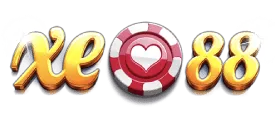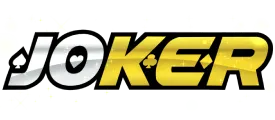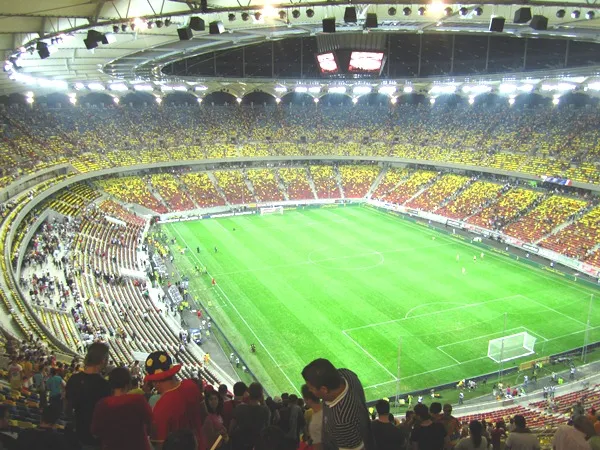Romania was not able to participate in Euro 1992. Scotland was able to qualify after Romania had to win their last game on the pitch in Sofia against Bulgaria and Nasko Sirakov's goal making sure they won.
Romania did well in advancing to the next World Cup in the United States in 1994. Despite losing to Belgium while suffering a hefty loss of 5-2 at the hands of Czechoslovakia, Romania went into their final game in Cardiff Arms Park with Wales seeking a win to move Romania to the finals. Goals scored by Gheorghe Hagi as well as Dean Saunders meant the game was well-balanced, and Wales were given the penalty. Paul Bodin of Swindon Town was on the pitch, but he was unable to clear the woodwork. Romania was able to take the lead the game 2-1. Florin Raducioiu's last-minute goal proved not necessary because Czechoslovakia lost a point to Belgium and lost.
In the finals Romania was one of the teams that was most entertaining in the initial stages and had Gheorghe Hagi, Florin Raducioiu and Ilie Dumitrescu in top the right track. Romania defeated Colombia in the Pasadena Rose Bowl in Los Angeles 3-1. The majority of the games played by Romania took place in California and they had the benefit of playing the majority of their matches within Los Angeles. Raducioiu started the scoring, and Hagi scored another goal of awe-inspiring quality by kicking wide from the left side of the touchline. Adolfo Valencia repelled the attack by scoring a goal with a head shortly before half-time, however Romania did not give up and Raducioiu secured the victory by scoring a third goal late in the game.
At Detroit's indoor Pontiac Silverdome, the temperature increased because of the greenhouse effect that was present in the arena indoors. Switzerland was acclimatized having played against the hosts in the arena, dominated Romania at the end of the period and transformed the 1-1 score at half-time into a stunning 4-1 victory. Romania was able to respond by defeating the hosts with a 1-0 win in Pasadena by scoring the first Dan Petrescu goal.
In the knockout round of 16 stage, they played Argentina at Los Angeles who were shorn of Diego Maradona who was thrown out of the tournament due to using drugs. Raducioiu was suspended and not missed because coach Anghel Iordanescu moved Dumitrescu into the forward position to make way for a striker. Dumitrescu responded by scoring two goals in the first 20 minutes. One was with a stunningly subtle left-foot flick from an incoming right-wing Hagi cross that was slid between Argentine defense. Between them, Gabriel Batistuta scored a penalty, but at half-time Romania scored a fantastic third goal on counter-attacks, by Hagi scoring against the goalkeeper Luis Islas. Abel Balbo pulled one back however, but Romania was able to hold on for an unexpected win.
Romania was to suffer heartbreak on penalty once more, this time in the quarter-final match against Sweden on the streets of San Francisco. With only 13 minutes left remaining, a close game began with the Swedish's Thomas Brolin scored from a clever free-kick and the ball was pushed over of the Romanian walls by Hakan Mild to allow Brolin to smash into. Iordanescu was a bit cautious in the wind, and Raducioiu scored an late equalizer, this time through a free-kick but this time with a deflection , and also a inability of the Swedes to take the ball away. In the extra-time phase, Raducioiu scored again following an error made by Patrik Andersson. Sweden were able to score their own late equalizer when big striker Kennet Andersson leapt over goalkeeper Florin Prunea and smashed home after a long kick. Prunea was brought in after two games in place of Bogdan Stelea, who's confidence was shaken after the loss of 4-1 against the Swiss. In the shoot-out Dan Petrescu and Miodrag Belodedici were saved through Thomas Ravelli and Sweden went through.



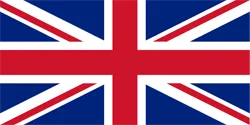 ENG
ENG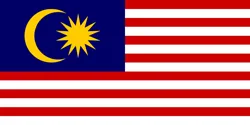 MYS
MYS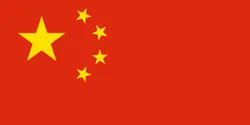 简体中文
简体中文
















